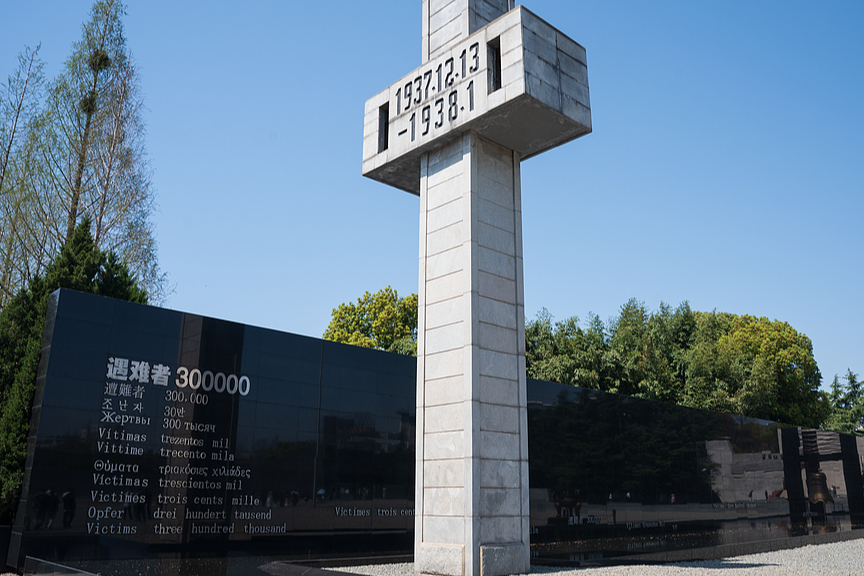Argentine fires ravage forests and animal habitats
By SERGIO HELD in Cajica, Colombia | China Daily | Updated: 2022-03-07 09:51

Large wildfires in Argentina have burned more than a million hectares of agricultural land and ravaged forests, pastures and animal habitats. While rains over the past week have brought some hope, the emergency is far from over.
Fires continue to burn in the province of Corrientes near the border with Paraguay.
"It's been a very difficult time since December, and we still have active pockets of fire, although the fire is 85 percent controlled," said Melinda Romero, a firefighter in Corrientes. "Firefighters had to come from all over the country. For the time being we hope it keeps raining, we have hot weather and sometimes the rain is not enough to contain the magnitude of the fire."
Argentines at home and abroad have been mobilized to deal with the fires.
Marina Azzimonti, an Argentine professor of economics who lives in the United States, has set up an internet campaign to raise money and give the firefighters better tools and equipment.
"The solidarity reaction of the population has been encouraging and has filled our hearts with joy," Azzimonti said. "It is a good thing to be rescued from this catastrophe. We have witnessed apocalyptic scenes. There have been whirlwinds of fire, and we recently saw a storm of ashes, which left several cities without electricity."
One of the most affected areas is the Ibera Wetlands, one of the largest wetlands in the world and the second largest in the Americas.
"When we launched the campaign, on Feb 21, more than 40 percent of this reserve and about 10 percent of the province of Corrientes had been lost to fire," said Azzimonti's brother, Gustavo, who spoke from the province of Corrientes.
"What burned in 50 days was equivalent to what burns in the fires of the state of California, in the US, in an entire year. By not having the right equipment, the fire advanced much faster in Argentina than it does in more developed countries."
Pablo Calo, a tour guide in the Ibera Wetlands, said: "We lost trees up to 70 years old. Wetland areas had dried up before the fires. Places that had water all their lives have dried up. All our fauna, animals related to aquatic environments no longer have that availability of environment, and populations will be reduced."
Eco-tourism had lost its main asset, the wetlands, to the fires, Calo said.
"We work in natural protected areas, such as natural parks, and everything is closed, because they have been burned … Entire parks have been burned, as well as native forests."
The economic impact of the fires goes beyond tourism. Thousands of hectares of pastures dedicated to cattle ranching have been lost. Thousands of people in the region depend on cattle ranching and on pine foresting, another hard-hit sector, with thousands of jobs lost.
Outdated agricultural practices as well as the La Nina weather phenomenon in which Argentine authorities recorded temperatures above 41 C throughout January combined with a lack of rain over the past two years have triggered the disaster.
The writer is a freelance journalist for China Daily.
























